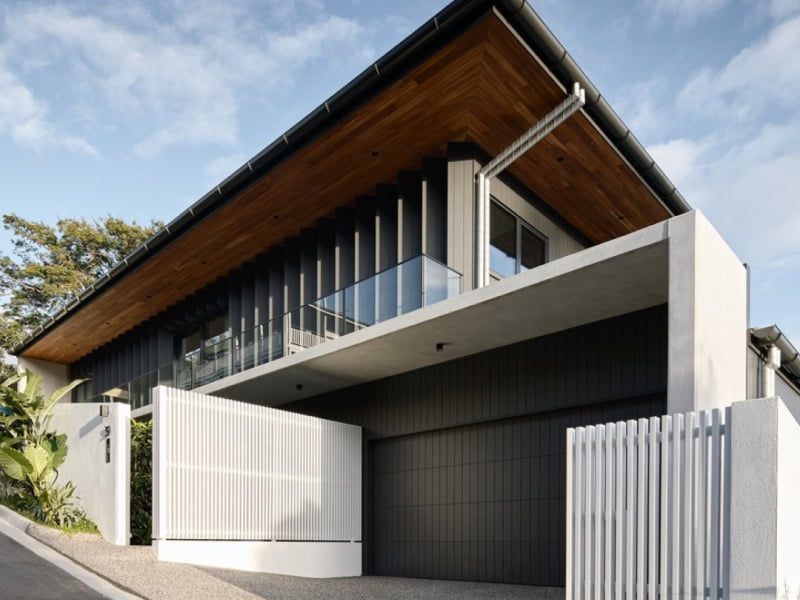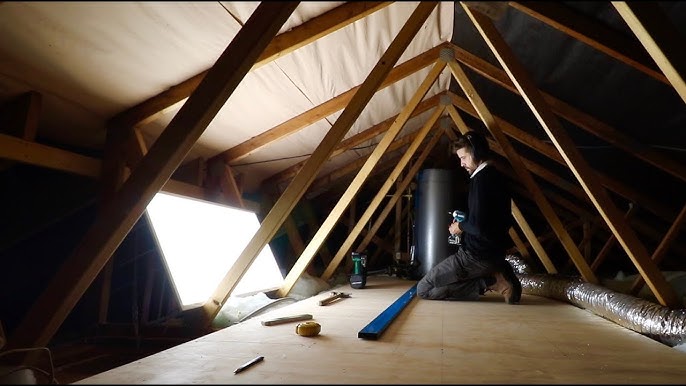As a new homeowner, you may have several plumbing questions swirling around in your mind. Whether it’s about the maintenance of your pipes or understanding how to properly care for your plumbing system, getting to know the basics is essential. In this article, we explore common plumbing questions for new homeowners to help you feel more confident in managing your home’s plumbing needs.

Why is Plumbing Maintenance Important?
Regular plumbing maintenance is crucial for extending the life of your pipes and preventing costly repairs. It can also help maintain water efficiency and improve your home’s overall value. By understanding the importance of plumbing maintenance, you can ensure your home remains safe and efficient.
How Can I Identify Plumbing Issues Early?
Spotting plumbing issues early can save you time and money. Watch for signs such as slow drains, water stains on ceilings, and unusual noises from your pipes. Addressing these issues promptly can prevent further damage to your home.
What Tools Do I Need for Basic Plumbing Repairs?
Every homeowner should have a basic set of plumbing tools. These include a plunger, pipe wrench, adjustable wrench, and a plumber’s tape. Having these tools on hand can help you tackle minor plumbing repairs without needing to call a professional.
When Should I Call a Professional Plumber?
While some plumbing tasks can be handled by homeowners, others require the expertise of a professional plumber. If you’re dealing with complex issues such as burst pipes, sewage backups, or major water leaks, it’s best to call in the experts. For more information on when to call a plumber, visit Formica Plumbing.
How Do I Shut Off the Water Supply in an Emergency?
Knowing how to shut off your home’s water supply is vital in case of an emergency. Locate your main water shut-off valve, which is usually found near the water meter or where the main water line enters your home. Familiarize yourself with this valve so you can quickly shut off the water if needed.
What Should I Know About Water Heaters?
Your water heater is an essential component of your home’s plumbing system. Regularly inspect and maintain it to ensure it functions efficiently. Drain the tank annually to remove sediment build-up and check the pressure relief valve to ensure it’s working correctly.
How Can I Prevent Clogged Drains?
Clogged drains are a common plumbing issue. To prevent them, avoid pouring grease down the sink, use drain screens to catch debris, and periodically clean your drains with a mixture of baking soda and vinegar. For more tips, check out our article on plumbing apps and technology.
Why is Water Pressure Important?
Maintaining proper water pressure is critical for your plumbing system’s performance. Low water pressure can indicate issues such as leaks or clogged pipes, while high water pressure can damage your plumbing fixtures. Regularly check your water pressure and adjust it if necessary.
How Do I Handle Frozen Pipes?
In colder climates, frozen pipes can be a significant concern. To prevent pipes from freezing, insulate exposed pipes and allow faucets to drip during extreme cold. If your pipes freeze, thaw them slowly with a hairdryer or call a professional plumber for assistance. Our guide on cold climate plumbing tips may be helpful.
What Are the Benefits of Upgrading Plumbing Fixtures?
Upgrading your plumbing fixtures can enhance your home’s efficiency and aesthetics. Modern fixtures are more water-efficient, helping you save on utility bills. Additionally, they can improve the overall look and feel of your home.
How Do I Know If I Need a Plumbing Permit?
For significant plumbing projects, a permit may be required. Check with your local building department to determine if your project necessitates a permit. For a deeper understanding of plumbing permits, visit our article on plumbing permits.
Can I DIY My Plumbing Repairs?
While some plumbing repairs are suitable for DIY enthusiasts, it’s essential to know your limits. Simple tasks like replacing a faucet washer can be done by homeowners, but more complex repairs should be left to professionals to avoid costly mistakes.
How Does Hard Water Affect My Plumbing?
Hard water can lead to the build-up of minerals in your pipes, reducing water flow and efficiency. Installing a water softener can mitigate these effects and prolong the lifespan of your plumbing system.
What is a Sewer Line, and How Do I Maintain It?
Your sewer line carries waste away from your home. Regular maintenance, such as inspecting for cracks and blockages, can prevent major issues. If you experience slow drains or frequent backups, it may be time to have your sewer line inspected by a professional.

FAQs
1. How often should I have my plumbing inspected?
It’s recommended to have your plumbing system inspected annually to catch any potential issues early.
2. What should I do if I smell gas near my water heater?
If you smell gas, evacuate your home immediately and call your local gas company. Do not attempt to fix the issue yourself.
3. Can tree roots damage my plumbing?
Yes, tree roots can infiltrate your sewer lines, causing blockages and damage. Regular inspections can help prevent this issue.
For more information on plumbing, visit This Old House for a comprehensive guide.
This article contains affiliate links. We may earn a commission at no extra cost to you.




